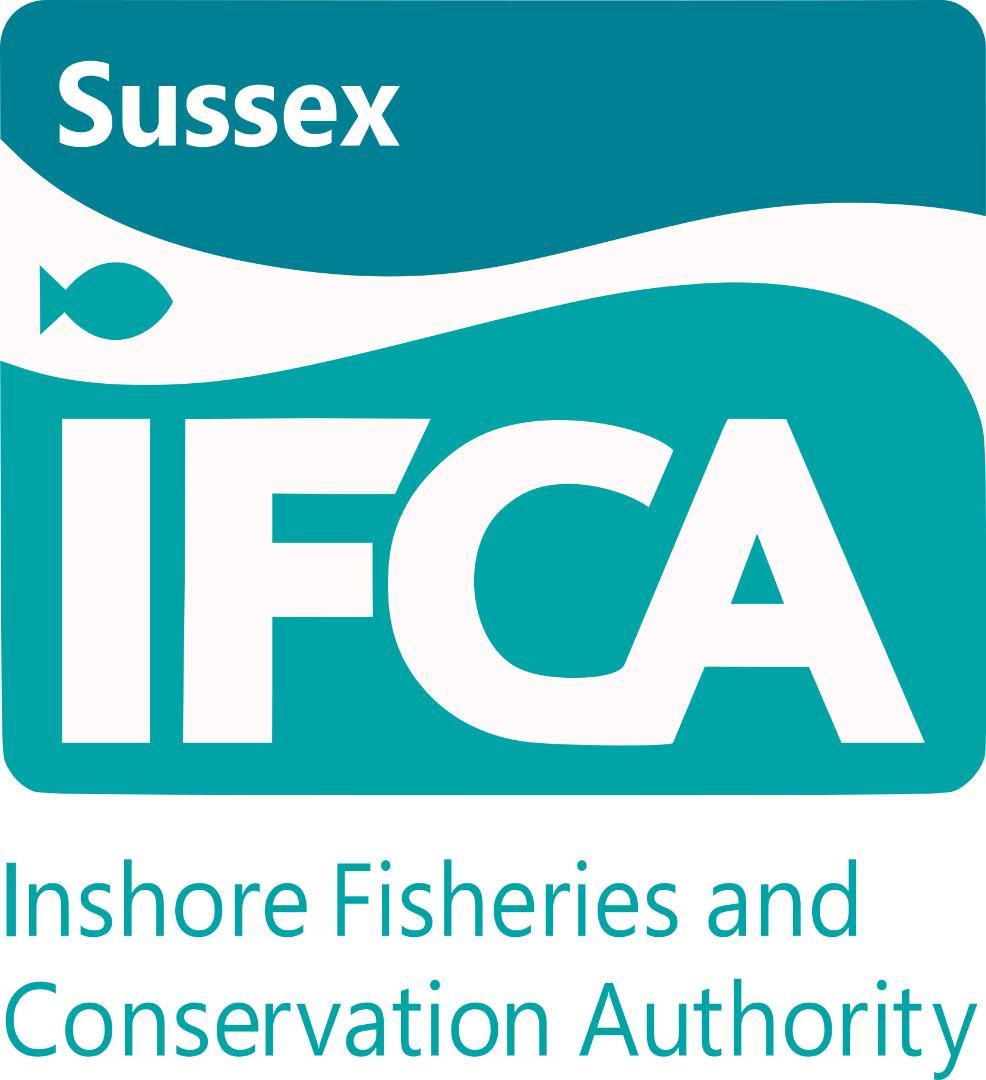
Environmental Programme
We raise funds for projects and organisations that mitigate the effects of climate change, with a focus on natural marine carbon capture, which takes carbon out of the atmosphere and locks it away in nature. We work with scientists to produce and deliver on conservation projects that will directly impact climate change and the release of greenhouse gasses. Where possible, our projects and programmes will work at the forefront of innovative thinking and technology to tackle the climate crisis.
Our support for marine conservation programmes working to advance natural carbon capture has direct positive impacts on local communities. All our projects are developed in close consultation with stakeholders to ensure local ownership of each project, in turn boosting local economies, and their participation in tackling the carbon crisis.
Venice Lagoon Restoration Project
Venice is a world leading cultural destination on the front lines of climate change, notoriously vulnerable to rising sea levels, water pollution, and erosion. A key concern is Venice’s natural carbon sink: a network of saltmarshes populated with carbon sequestering seagrass which makes up over 80% of the lagoon, and has diminished by two-thirds over the last century to only 40km2 today.
Platform Earth is working with world-renowned architects RSHP and local scientific partners to restore saltmarsh and transplant seagrass to unlock the vast carbon sequestering potential of Venice’s 550km2 lagoon.
Alongside the restoration project, Platform Earth’s will launch its flagship project: a wetland legacy park to transfer 10-30 hectares of depleted arable land bordering the Venetian lagoon back to the sea. Along with a public skywalk above the fragile ecosystems, we hope this project will foster a deeper connection between the city of Venice and its residents.
Our Great British Sea Forest Campaign
Platform Earth supported the Sussex Inshore Fisheries and Conservation Authority in successfully securing the near-shore trawling exclusion bylaw in March 2021.
Signed off in March 2021, just before another season of trawling, the bylaw legislates that trawling is illegal within the 300km2 protected area off the coast of West Sussex.
Following the successful implementation of the bylaw and trawling ban there are early signs of kelp recovery along the coast of Sussex, with new stands finding a foothold once more and bringing hope for the return of the once magnificent kelp beds. In partnership with the Sussex Kelp Restoration Project, we are funding, supporting and tracking the progress of the restoration.
The Sussex Kelp Recovery Project
Coastal ecosystems can sequester up to 20 times more carbon per acre than land forests, but populations of kelp have decreased by 96% on some areas of the British Coast. Currently, kelp stocks in Sussex stand at 4% of their range in 1987 owing to trawling practices, storm damage and sediment dumping in coastal waters.
Our partnership with the Sussex Kelp Recovery Project helped to restore the kelp to its historic levels. Our collaboration supported new ground-breaking research on the life-cycle of kelp, the unique species of kelp in the Sussex marine environment and its ability to capture carbon.
The pioneering cutting-edge work undertaken by SKRP has helped restore an area of the coastline now able to capture 800 tonnes of CO2. In addition to capturing carbon, kelp also enhances water biodiversity and fish stock population, as well as as mitigating wave erosion and acting as a barrier to storm waves; effecting populations in and out of the water for good.
Restoring the Solent
In 2022 funds from the sale of the CARBON Collection are supporting ecosystem restoration and carbon sequestration in the Solent. This project draws together marine carbon capture conclusions from projects we fund serving as a powerful lobbying tool to convince government agencies of the value of large-scale blue carbon ecosystem restoration.
The Solent once hosted abundant oyster reefs, salt marshes, seagrass meadows and kelp forests but has been subject to consistent degradation. It now presents an almost unique opportunity to restore these fragmented habitats at an ecosystem scale. If restored, this could see a revitalisation of the Solent waterway, bringing substantial benefits to fishermen and other local stakeholders.
Rewilding Somerset
Platform Earth’s first land carbon capture project is a collaboration with Heal Rewilding Project. Working with CEO Jan Stannard, and supported by Platform Earth Co-founder Ruth Ganesh & financier and environmentalist Ben Goldsmith, the project aims to give land back to nature, forever.
To Heal, rewilding means giving nature the breathing space it needs to heal. It means the natural regeneration of trees, plants and wildflowers. It means creating space where animals can live freely and vulnerable species can recover.
Though the restoration of natural processes and the regeneration of carbon-sequestering trees and soil, ecosystems beocme more climate-resilient. These ecosystems better able to adapt to the extreme weather events and unpredictable, fluctuating conditions that climate change brings.
Voted the Best Environmental Charity at Frieze 2022
Frieze art fair attendees were invited to vote for their favourite environmental charity through Pinwheel- an initiative bringing together artists, audiences and organisations across the non-profit and private sectors to grow and deepen support for meaningful planet repair. Platform Earth’s Sussex Kelp Restoration Project received the most votes, marking itself as the most relevant charitable initiative to Frieze’s audience.
Platform Earth x Marine Conservation | A Film by Anthony Dickenson
Our Environmental Partners






"It's surely our responsibility to do everything within our power to create a planet that provides a home not just for us, but for all life on Earth."
- Sir David Attenborough











